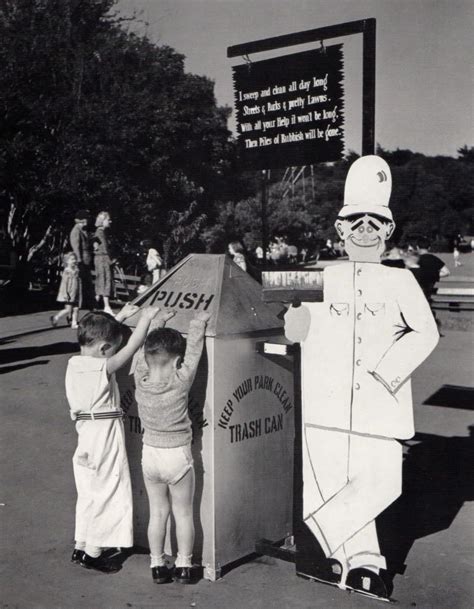A Quote by Nadine Gordimer
what a writer does is to try to make sense of life. I think that's what writing is, I think that's what painting is. It's seeking that thread of order and logic in the disorder, and the incredible waste and marvelous profligate character of life. What all artists are trying to do is to make sense of life.
Related Quotes
A serious life, by definition, is a life one reflects on, a life one tries to make sense of and bear witness to. Truth in a memoir is achieved not through a recital of actual events; it is achieved when the reader comes to believe that the writer is working hard to engage with the experience at hand. What happened to the writer is not what matters; what matters is the large sense that the writer is able to make of what happened.
For me, the moral dimension of life is that you are committed, to doing everything that you do, with a sense of excellence. That is the morality of writing, that you try and write as excellently as you possibly can. Or of teaching, or of childrearing, or of friendship. Of anything you do. And, I do try and live, as best I can, with all of the errors that I make, y'know, a value-driven life. And that is defining values as trying to give everything you do, everything you've got.
The main thing about the character [in the Ordinary World] is that he loves music, and he shares it with his daughter. He's having a mid-life moment, and it's a small moment, really. I think that the character actually really loves where he's at, in his life. He's just trying to have it make a little bit more sense while he figures out what he actually wants to do with it.
In fine arts, when you make a painting, it's just a painting. But if you make a painting in the entertainment industry, it can be an album cover or a t-shirt or a logo. I like that entertainment has this usefulness - that it's ultimately trying to make a bunch of people feel something, and to think about life and be able to use things that were so simple and direct but potentially have a really powerful effect.
I found that life intruding on writing was, in fact, life. And that, tempting as it may be for a writer who is a parent, one must not think of life as an intrusion. At the end of the day, writing has very little to do with writing, and much to do with life. And life, by definition, is not an intrusion.
I guess it must be a time-of-life thing, looking back and trying to make some sense of who I am and where I've been. It's a weird thing, having to give an account of yourself, to try to make sense of yourself for yourself. I'm not that old, but I have been writing fiction professionally for a long time now. I started so young and went so hard for so long. And I guess it was about feeling I had the space to look over my shoulder.






































